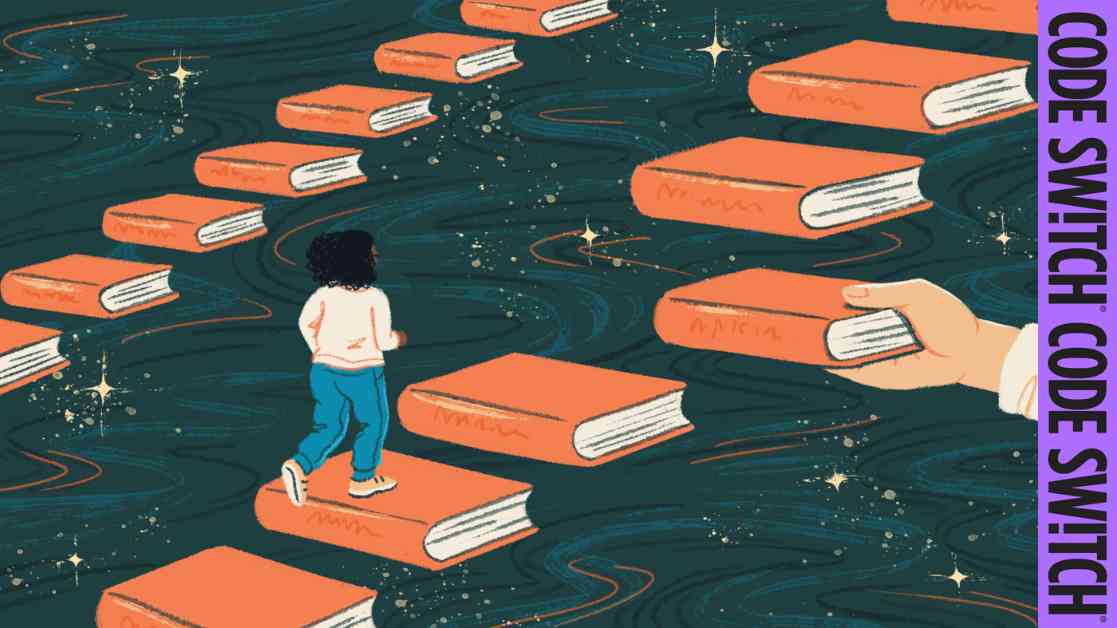Exploring the Impact of Book Bans on Literature
As the new school year begins, the issue of book bans is once again at the forefront of discussions surrounding literature and education. B.A. Parker delves into the complex world of code switching in literature, shedding light on the challenges faced by educators, students, and librarians alike.
Parker’s exploration begins with a look back at her own high school experience, where she reconnects with her English teacher to discuss the books that were once considered essential reading but are now deemed inappropriate or offensive. This shift in what is considered acceptable material for students raises questions about the impact of censorship on educational curricula and the broader literary landscape.
One of the key voices in the fight against book bans is a student in Texas who is actively advocating for the preservation of literary works that have been targeted for removal from school libraries. This student’s efforts highlight the importance of empowering young readers to engage with diverse perspectives and challenging themes, even when they may be uncomfortable or controversial.
Resistance and Resilience: The Role of Librarians in Combatting Book Bans
In rural Idaho, a librarian is taking a stand against a new law that restricts access to certain books by implementing an “adults only” policy in her library. This bold move underscores the vital role that librarians play in defending intellectual freedom and promoting a culture of open inquiry and exploration.
By refusing to bow to external pressures and instead choosing to create a space where readers of all ages can access a wide range of literary works, this librarian is sending a powerful message about the importance of preserving the right to free expression and access to information.
The fight against book bans extends beyond individual libraries and classrooms to encompass a broader struggle for the protection of artistic freedom and the celebration of diverse voices and narratives. As educators, students, and librarians come together to resist censorship and uphold the principles of intellectual freedom, they are not only defending specific books and authors but also safeguarding the very foundation of a democratic society.
Empowering Readers: The Future of Literature in the Face of Book Bans
In the face of ongoing challenges posed by book bans and censorship, it is essential for readers to remain vigilant and proactive in advocating for the preservation of literary works that push boundaries, challenge conventions, and spark important conversations. By engaging with a wide range of texts and perspectives, readers can broaden their understanding of the world and cultivate empathy, critical thinking, and a lifelong love of learning.
As we navigate the complexities of code switching in literature and confront the realities of censorship and restriction, it is crucial to remember that the power of storytelling lies in its ability to transcend boundaries, connect individuals across time and space, and inspire meaningful dialogue and reflection. By standing together in defense of literary freedom, we can ensure that future generations have access to the diverse and dynamic world of literature that enriches our lives and expands our horizons.

